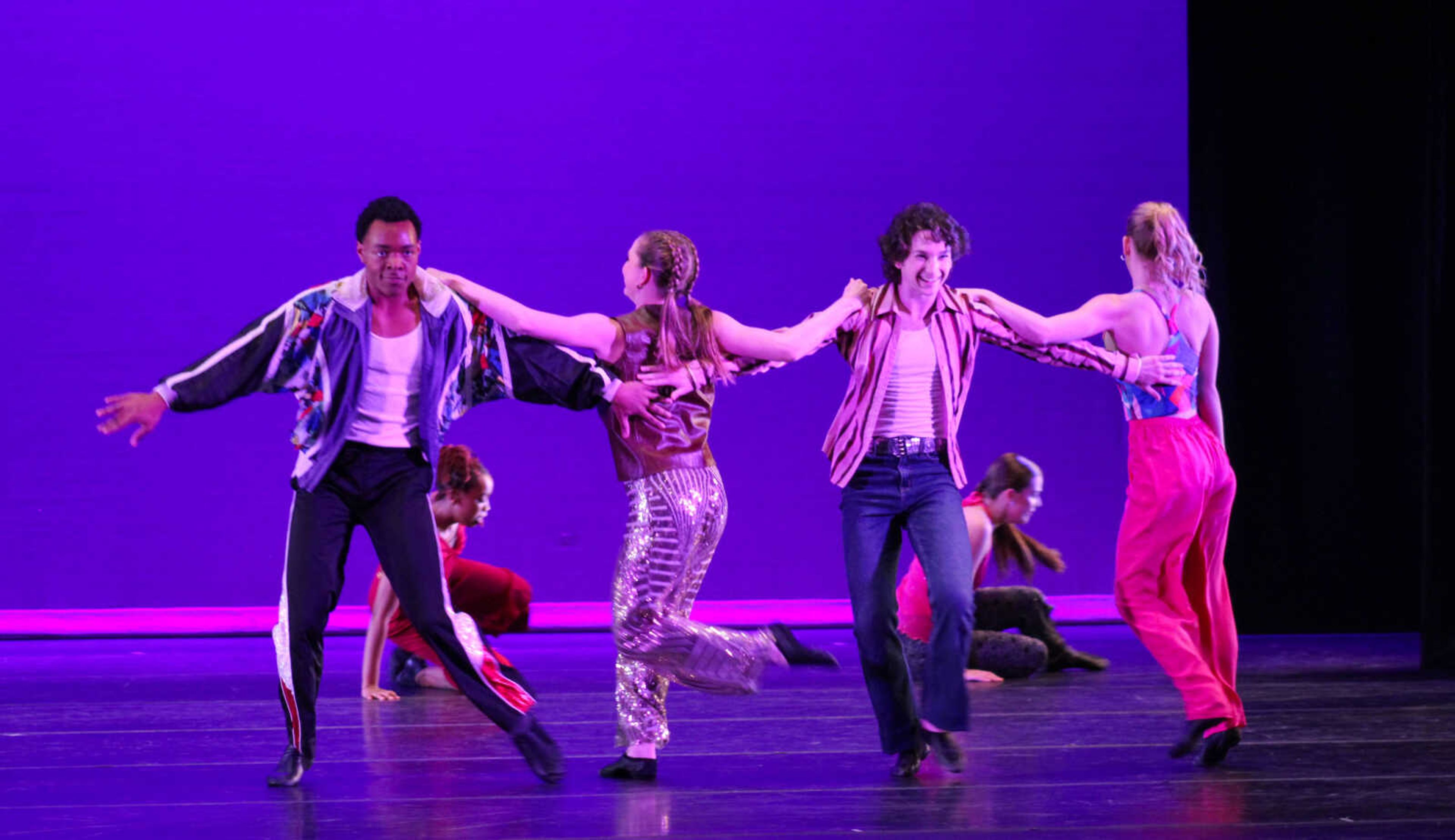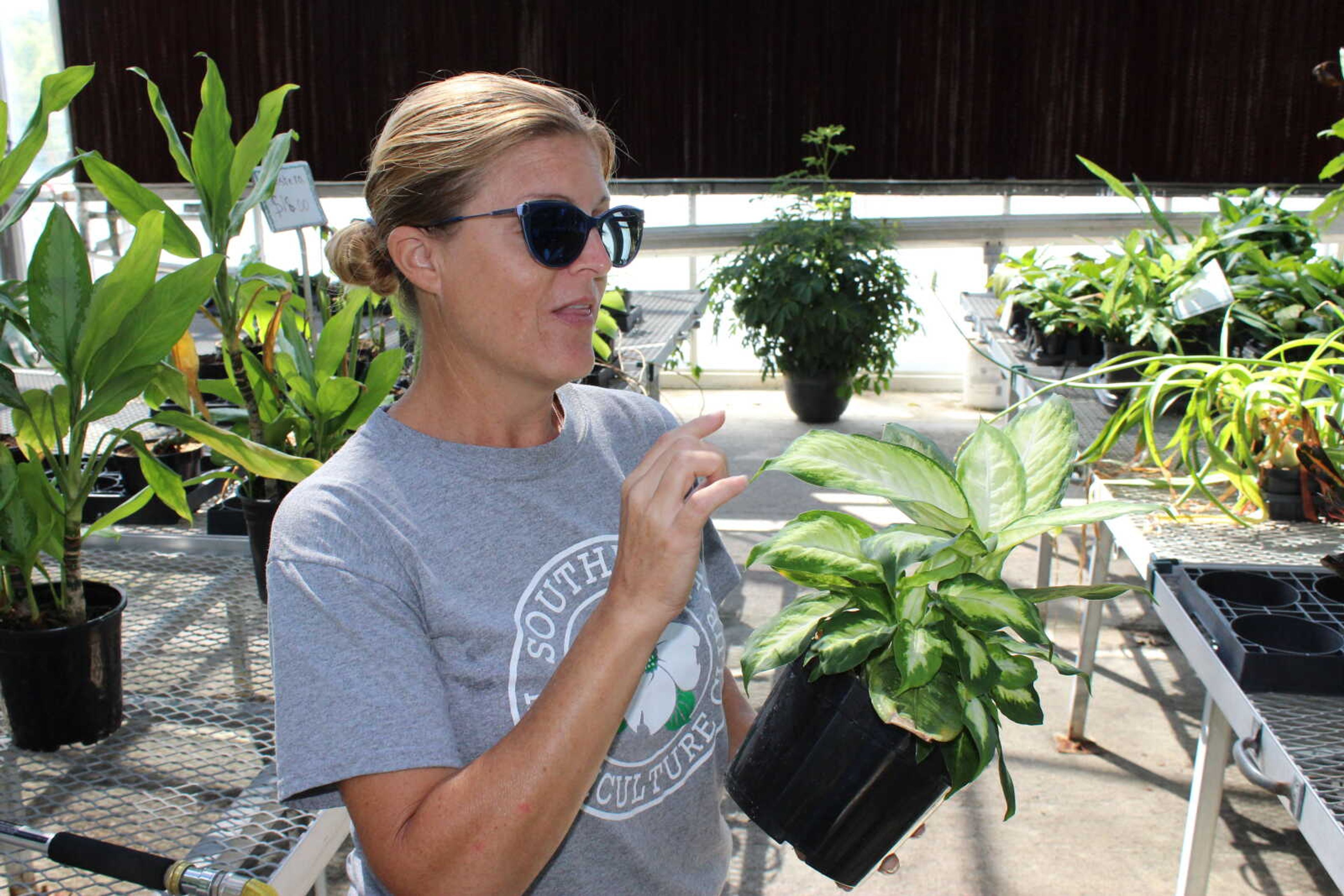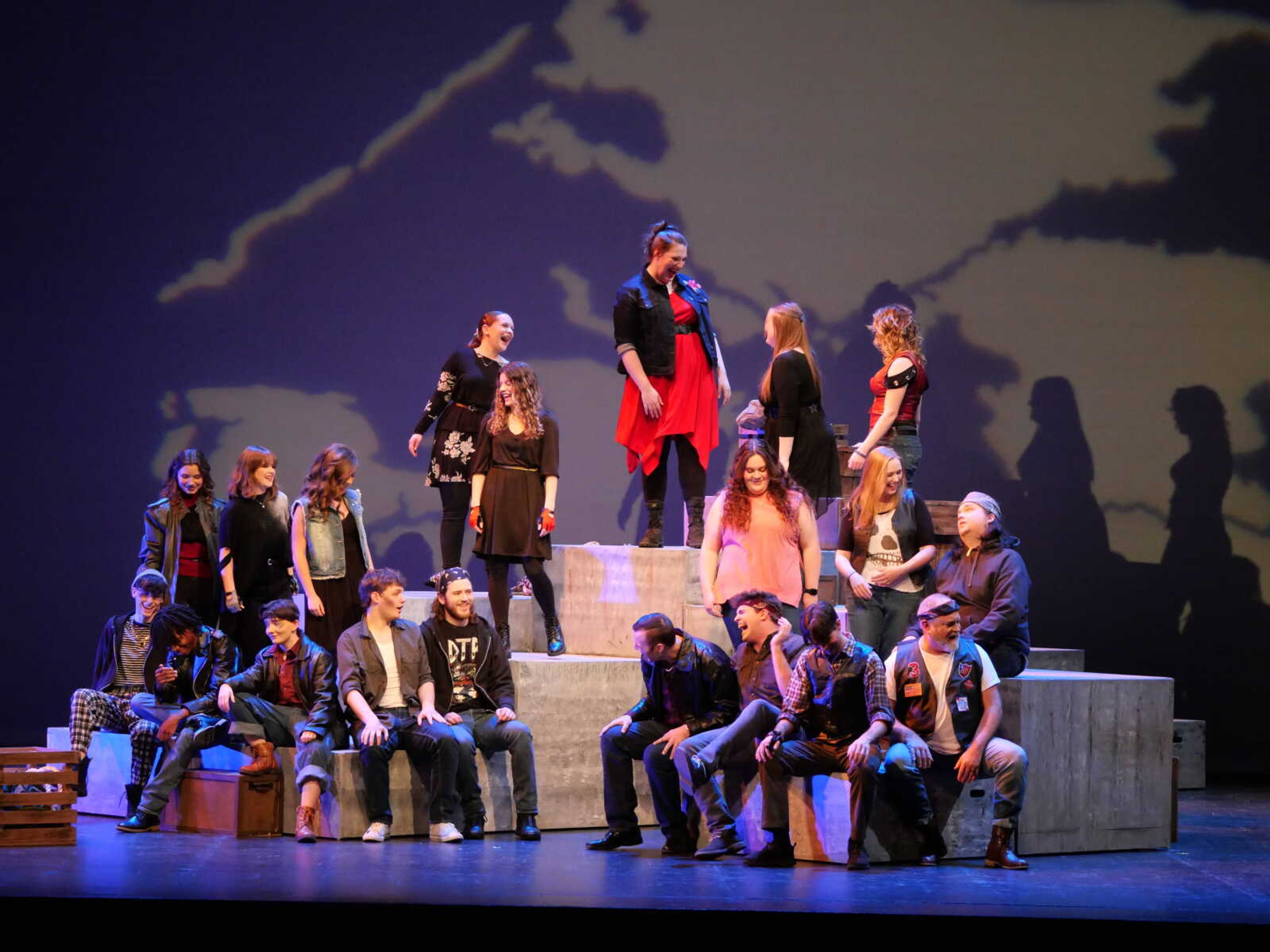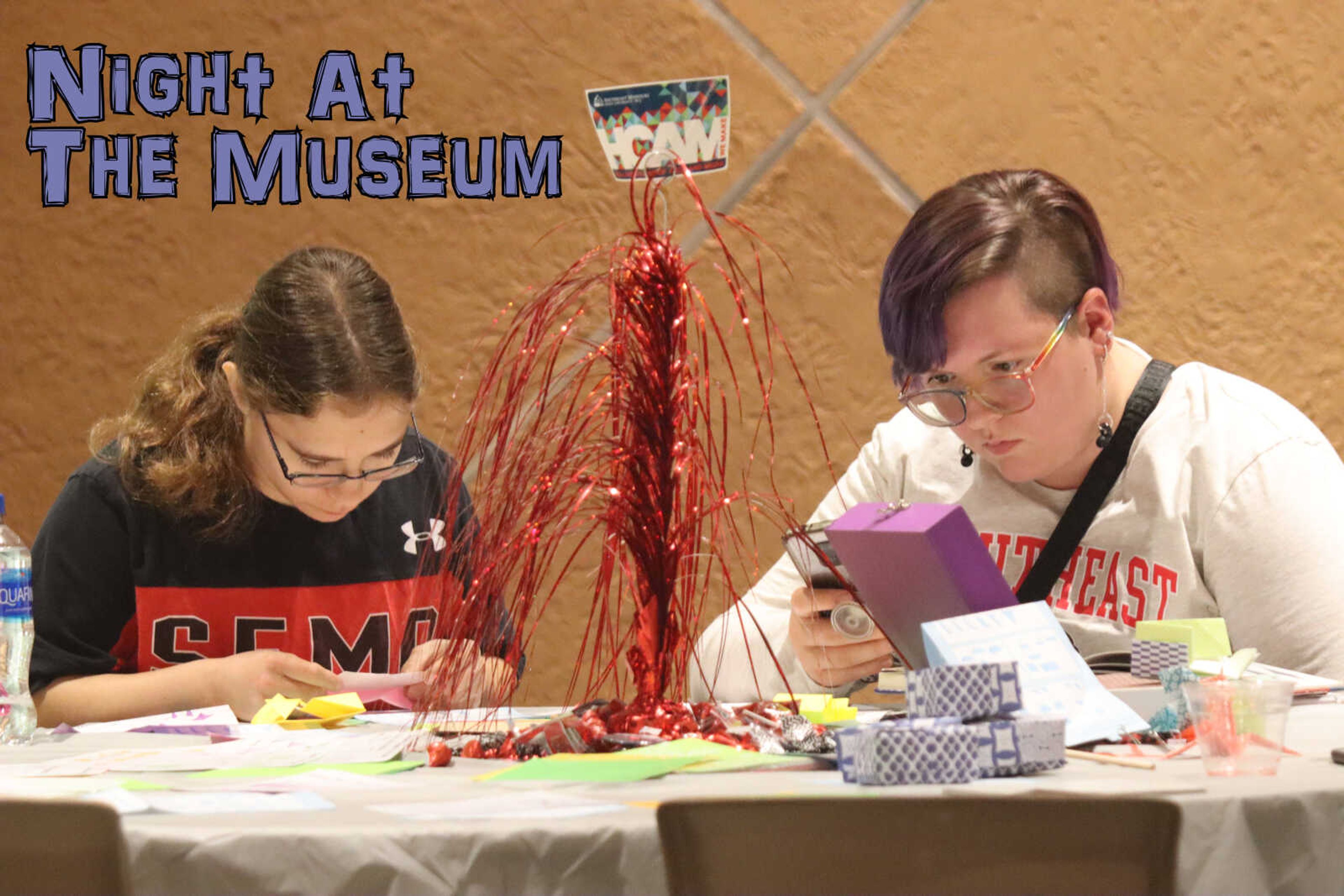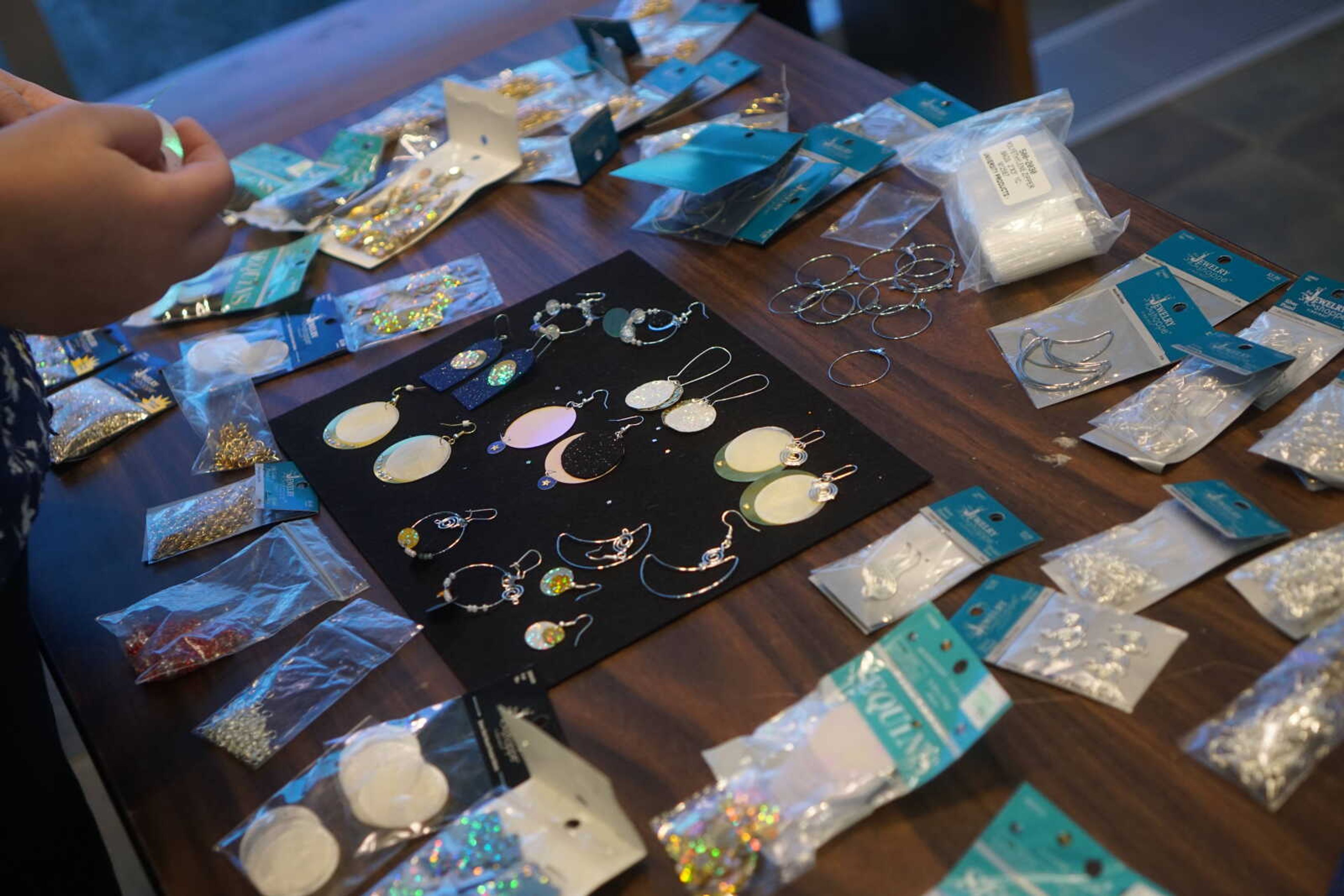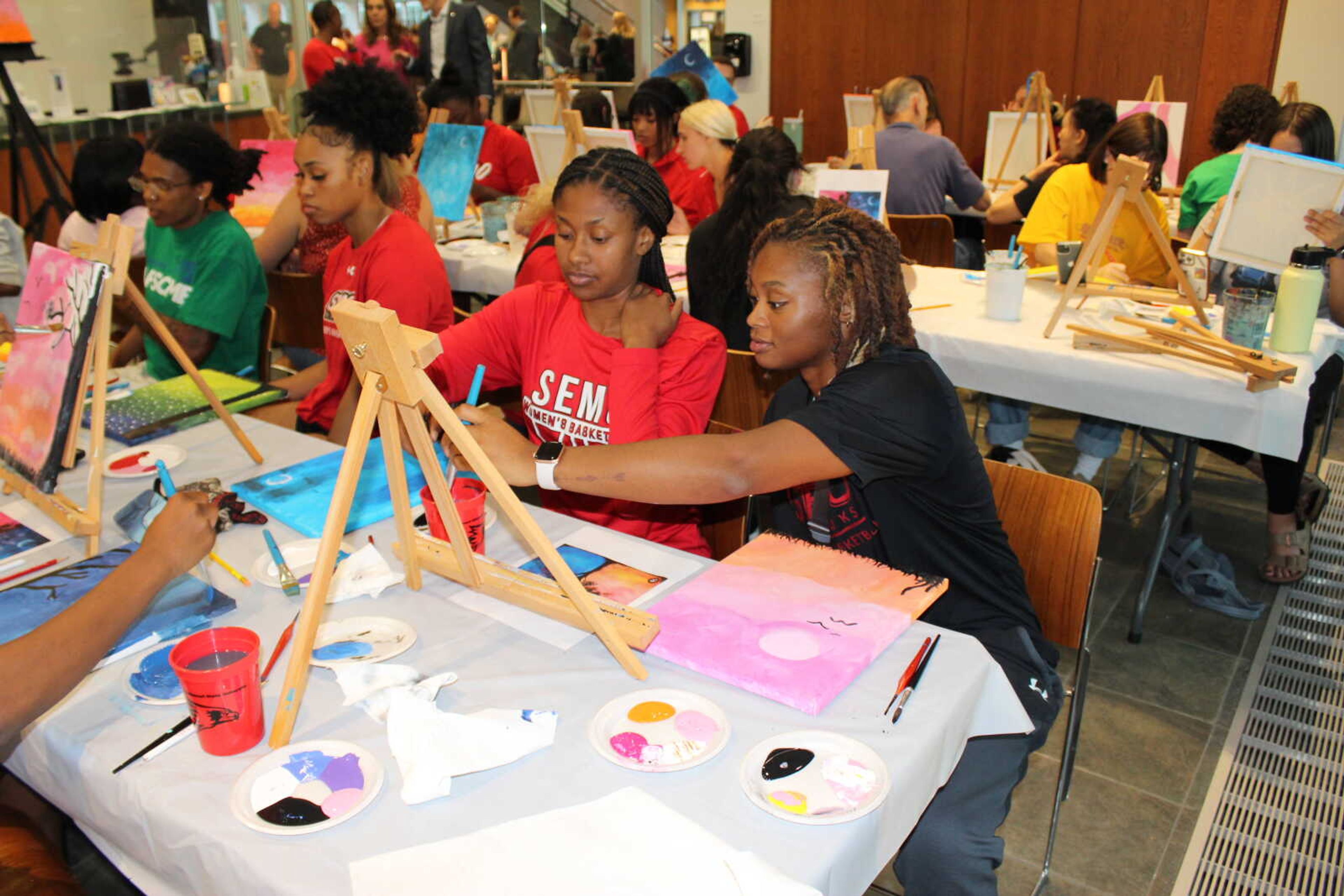Leaving family behind, diet-related issues, dress code, weather, finding a community and education — just a few experiences international students encounter when arriving at Southeast Missouri State University for the first time. Many international students fall into one of three categories: one semester, two-year or four-year students.
International students attending SEMO for one semester are foreign exchange students. Many two-year students are completing their master’s degrees, and four-year students are completing their bachelor’s degrees. Here, meet Safwat Rahman, Tana Musunda, Victoria Kozyreva, Lamia Khan and Shaneela Sibtain, international students from several countries, Bangladesh, Africa, Russia and Pakistan; who share their experiences of life at SEMO.
Adjusting to life without family
Many international students leave their families back home, sometimes not seeing them for months and may find themselves homesick.
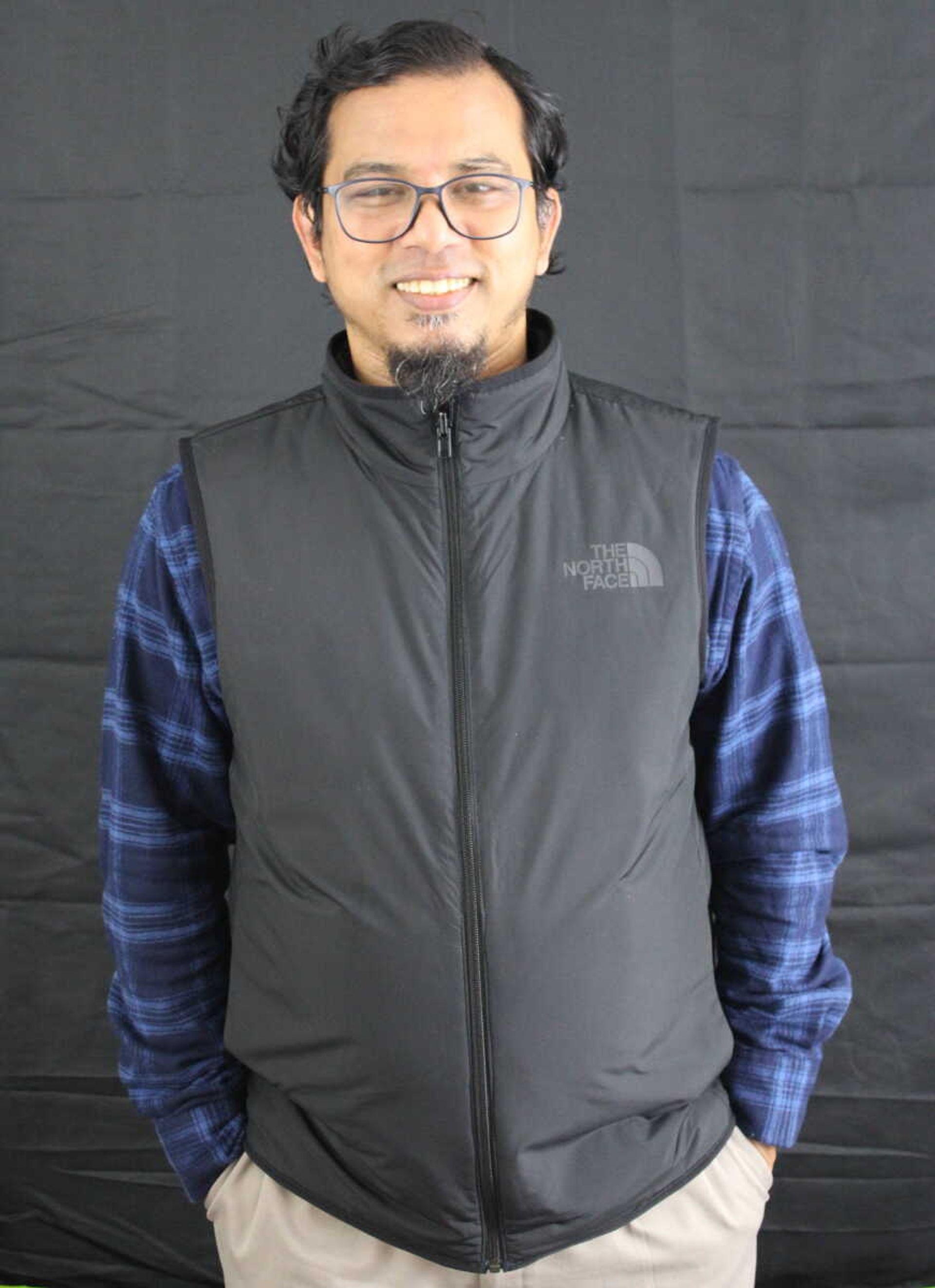
Master’s of cybersecurity student Safwat Rahman is a nontraditional international student from Dhaka, Bangladesh. Rahman arrived at SEMO in Spring 2022 and said his biggest adjustment was living without his wife and kids.
“I'm trying to actually settle my mind. I have one son and daughter, and it is challenging to adjust in mind. The emotions and affections to my [children] are essentially in different dimensions,” Rahman said.
Rahman said his kids and wife knew there wasn’t another option when he left Bangladesh, but he plans to bring his family to Cape Girardeau as soon as they obtain their visas.
Rahman said he was able to find many Bangladeshi and Pakistani students at SEMO and create connections with them.
Junior Tana Musunda from Harare, Zimbabwe to study finance and entrepreneurship. Musunda said she experienced mixed feelings on leaving her home country.
“There was a mixture of excitement as well as just sadness. [There was] excitement because they knew this is something that I had wanted for a really long time and sadness because I have been home for the past 19 years. [We are] used to each other. Being an integral part of my family and now moving away, it definitely just made them a little bit sad, but it was still very exciting for me,” Musunda said.
Diet-related issues
Students now living at SEMO may experience a difficult time maintaining the same diet they had in their home country.
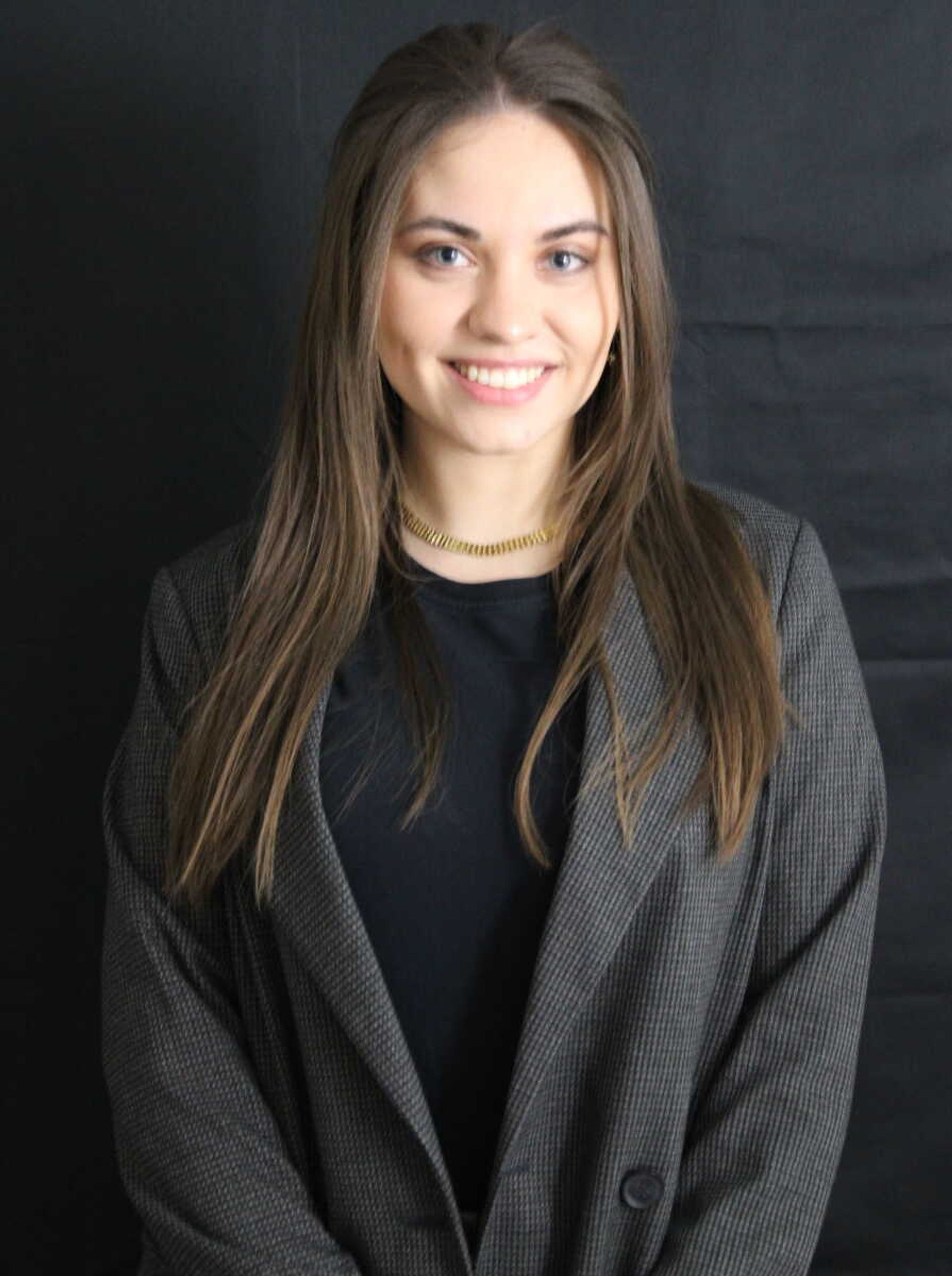
Master’s of business administration student Victoria Kozyreva is from St. Petersburg, Russia. Kozyreva first arrived at SEMO in 2019 through her exchange program and returned in Fall 2021 to complete her master’s program. Kozyreva said the biggest culture shock she experienced was the food and diets of Americans.
“People always put sugar in their drinks; it was just so strange to me. And in the middle of winter, I saw people drinking iced coffee. I think I'm becoming an American, as well, because now, I drink iced coffee,” Kozyreva said.
Kozyreva said she was worried about the food options, since Americans are rumored to have poor diets. She said Russians like to eat healthily, and she was looking for salad and chicken on campus, which she easily found. However, Kozyreva was disappointed in the bread options.
“I think a lot of European students would agree with me that we really want good bread,” she said. “That's a problem. I couldn't find any good bread here.”
Dress code
Several cultures put more emphasis on dressing up for class, the market or running errands. Many are shocked to see how Americans dress in public.
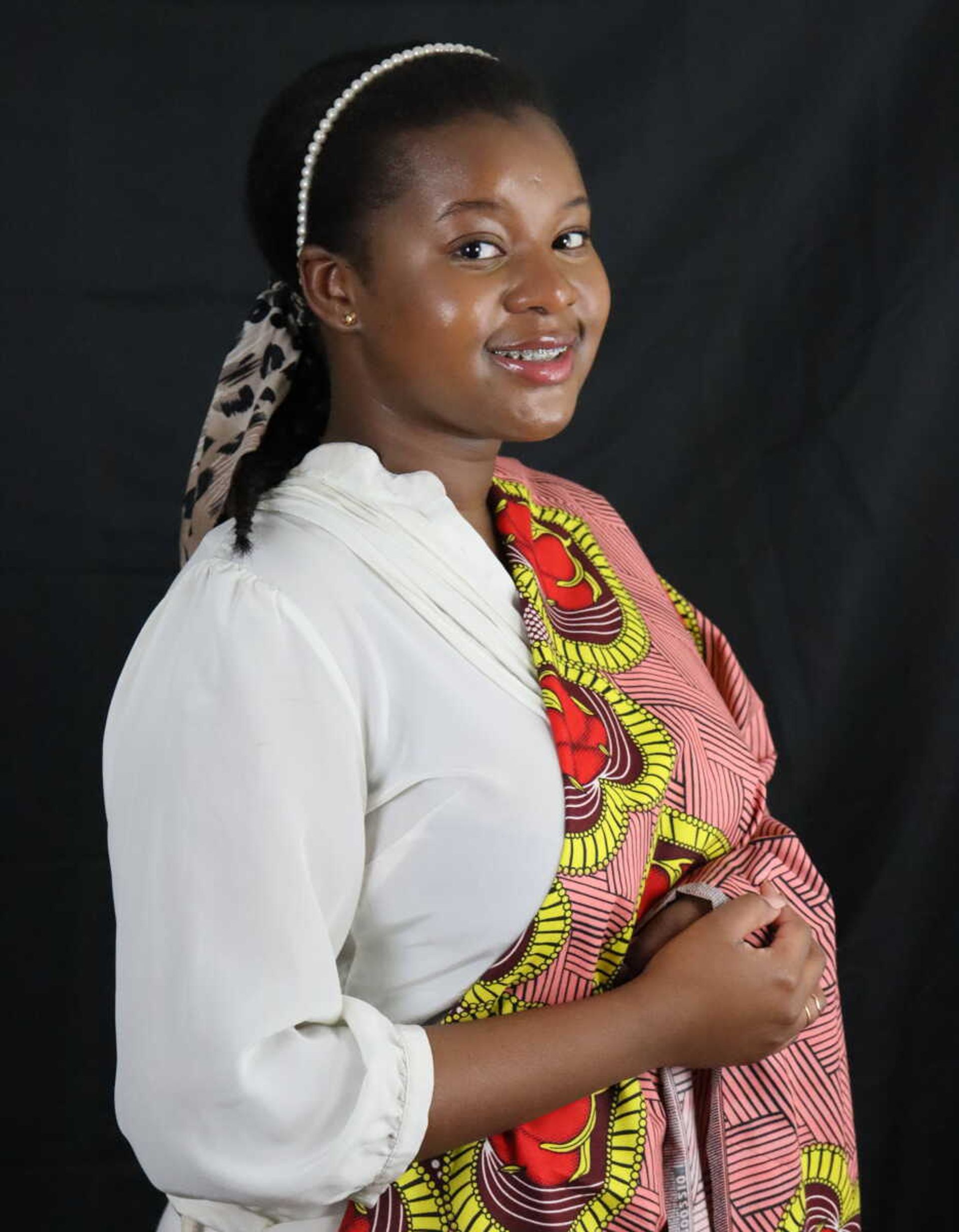
Musunda said her biggest culture shock at SEMO was seeing the clothes students wore to class.
“Coming from Zimbabwe, our culture takes particular care in wearing clothes,” Musunda said. “At first, I wasn't very used to seeing people wearing pajamas to class. There's nothing wrong with that, but it definitely was very different. Even now, I still dress up every day. And that's a part of me I'll never change. I'm still a little shocked to see how people are kind of more relaxed with the dress code.”
Kozyreva faced a similar experience regarding the dress code. Kozyreva said Russian culture is strict and students are expected to dress up for class.
“We have to wear business casual clothes to the university. You would not have seen a student wearing sweatpants,” Kozyreva said. “We're kind of used to being dressed up. And I just noticed that people here don't pay much attention to how they dress, and I think it's awesome. They choose comfort. Unfortunately, I'm still Russian; I still prefer business casual kind of style. It just helps me focus on my homework during the day and doesn't let me go back to bed.”
Oh, no — snow!
Students who come from warmer climates might not be used to the seasonal changes they are confronted with in Southeast Missouri.
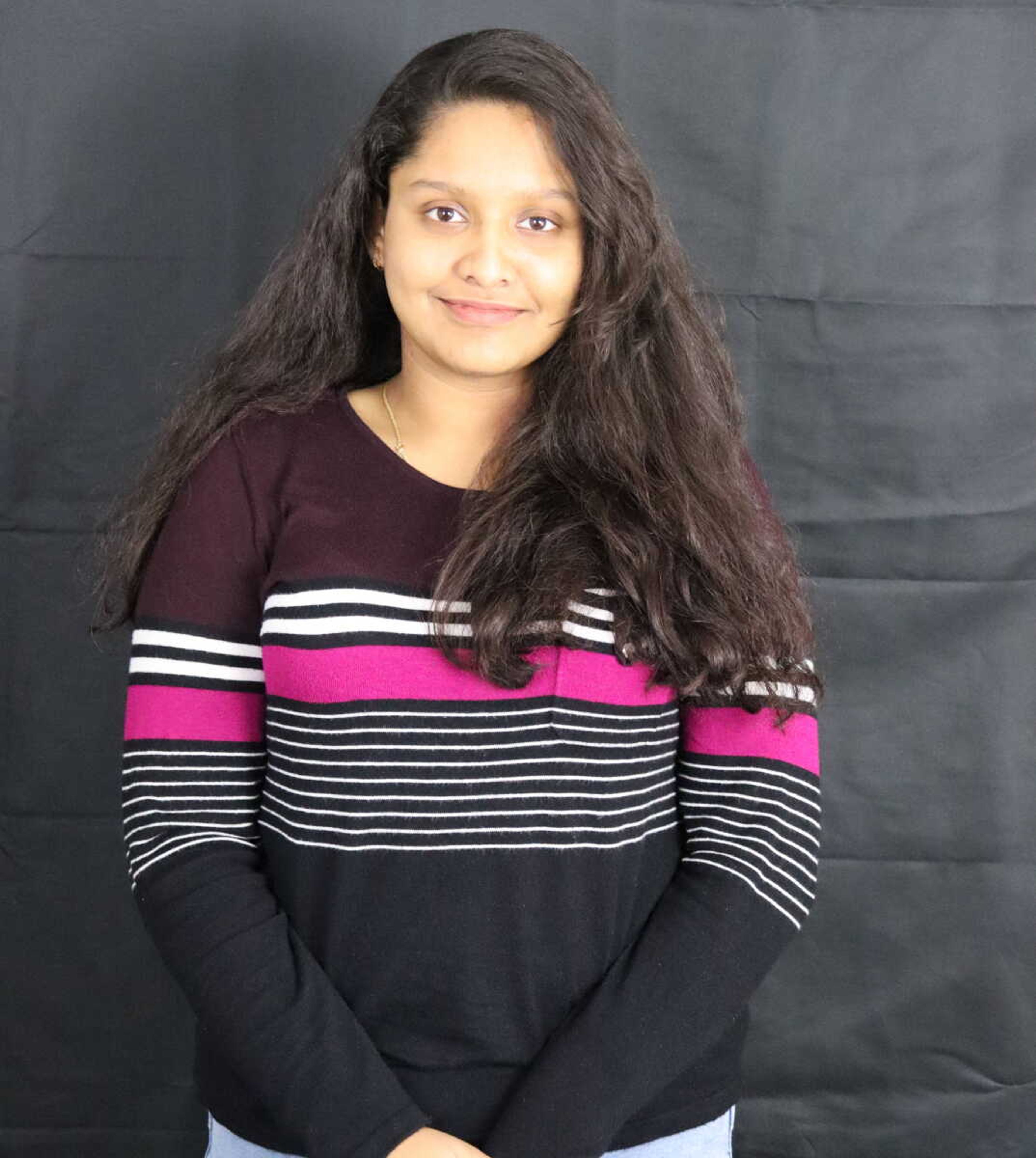
Freshman elementary education Lamia Khan is from Dhaka, Bangladesh. Khan said she arrived at SEMO in Spring 2022 as a snowstorm hit.
“When I was moving into campus, it was snowing really [hard]. My friend slipped on the snow and kind of hurt herself while she was helping me,” Khan said.
Coming from Zimbabwe, a region with warmer climate, Musunda said the sudden weather changes were scary.
“When I came here, it was still very hot because it was August. Then suddenly, the weather changed and [became] colder. I had my first full-blown experience with snow. I had been in America before and [had experienced] snow, but this time it was for a longer period [of time],” Musunda said.
A loving community
Many students find a loving community after leaving their home countries and feel welcomed by the different experiences.
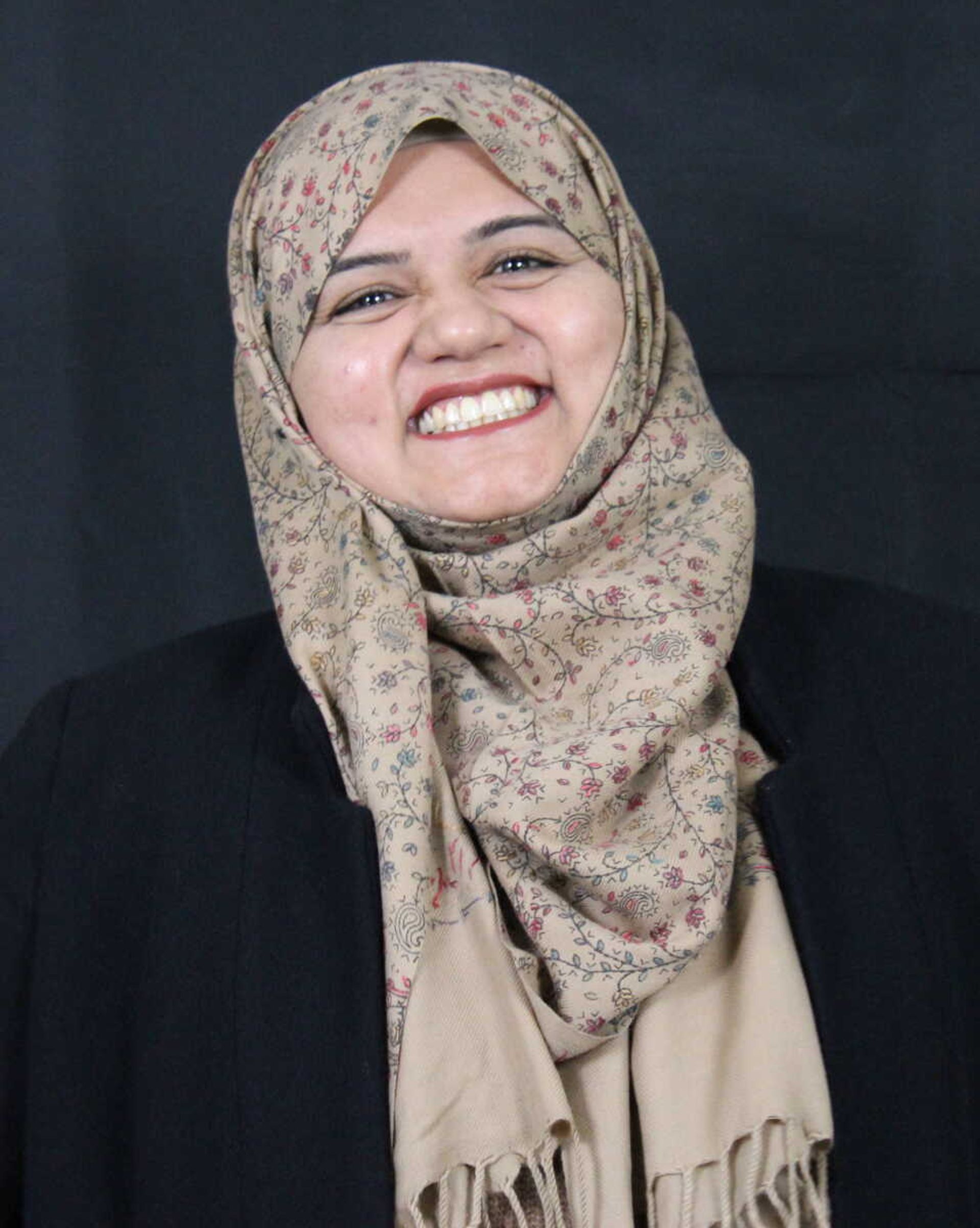
Master’s in business administration student Shahneela Sibtain is from Lahore, Pakistan. Sibtain arrived at SEMO in Spring 2021. Unlike other international students, Sibtain said she did not experience culture shock. Instead, Sibtain said she was welcomed with open arms.
“I'm a very social person, so I make friends [easily]. [People were] warm, kind and everything. I would say the students at SEMO, they're awesome, wherever they are from, either they're Americans or international [students]. Everybody is so welcoming, and I don't have any kind of problem making friends,” Sibtain said. “The community is awesome. I would say I was a little scared [at] first about how it would be possible, but my faculty and my fellow students like everyone; they just make this journey easier.”
**
Education: Home vs Cape Girardeau
Expectations for education, curriculum and academic schedules vary for students around the world.
When Sibtain lived in Pakistan, she majored in health administration and worked in a community pharmacy for 15 years. Sibtain compared the education system in Pakistan to SEMO, and she said it is easier for her to learn the material here rather than back home.
“I would say [the] professional skills are far better. We don't have to worry about our grades and assignments — they just [explain to] us in such a way that we just learn. We are here to learn. It's not something that is imposed on us,” Sibtain said. “I am not against the system of my own country, but here, they make things easy to learn. We just enjoy learning.”
Musunda completed her pre-college education in Zimbabwe and said education here helps create progress.
“In Zimbabwe, we follow the British learning system. In my last year of high school, I did Cambridge, and it’s nerve-racking because it's cumulative. [Zimbabwe] has two big exams which determine your future at the end of the year. But here, you get to make progress as you go. And you receive help with your different problem areas,” Musunda said.
Generally, college students in the United States have the freedom to create their schedules, pick their professors and choose their classes. Kozyreva said scheduling in Russia differs from America’s system.
“My American friends always get surprised when I tell them in Russia we cannot choose classes. We can only choose a major, and then our university creates a schedule for us,” Kozyreva said. “We attend classes with the same group of people during the whole process. Here, I really like the freedom of choosing your classes, choosing professors and being flexible with our schedules. [Russia] has a distance between professors and students. Here, I feel it's easier for students to talk to professors. We're on the same level, even though they [are] more experienced. They make me feel like we are equal. It's easier to talk to them and ask questions.”
While there are hundreds of other international students on SEMO’s campus, many share similar experiences. Each student had to pick up their bags, leave their family and move to a country where they may not speak the language or know a single person. They tackled culture shocks including new food, weather, clothing and teaching methods. These students stayed for the experience and education, and many miss their mother’s cooking just as much as domestic students. Or maybe just a little more.
